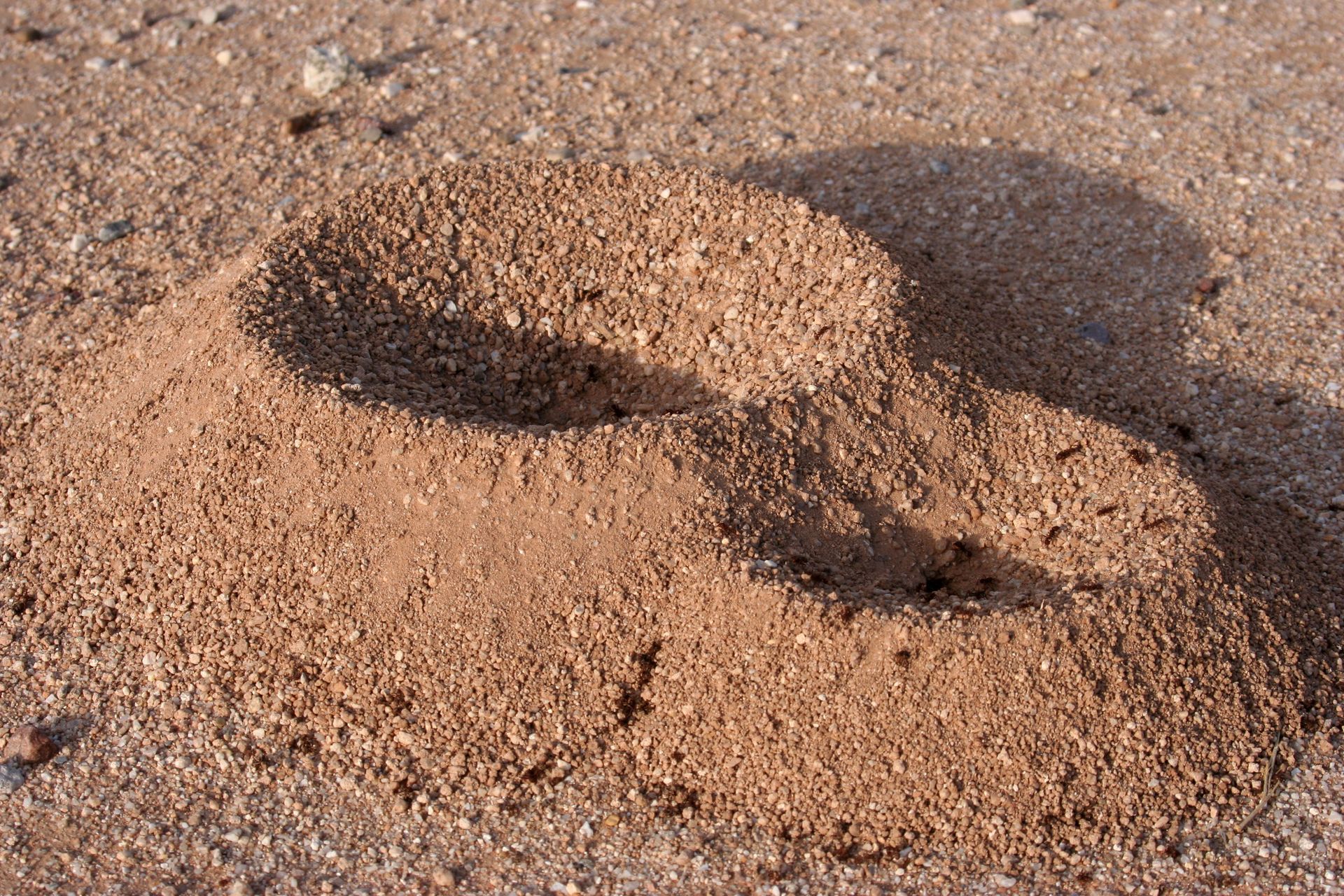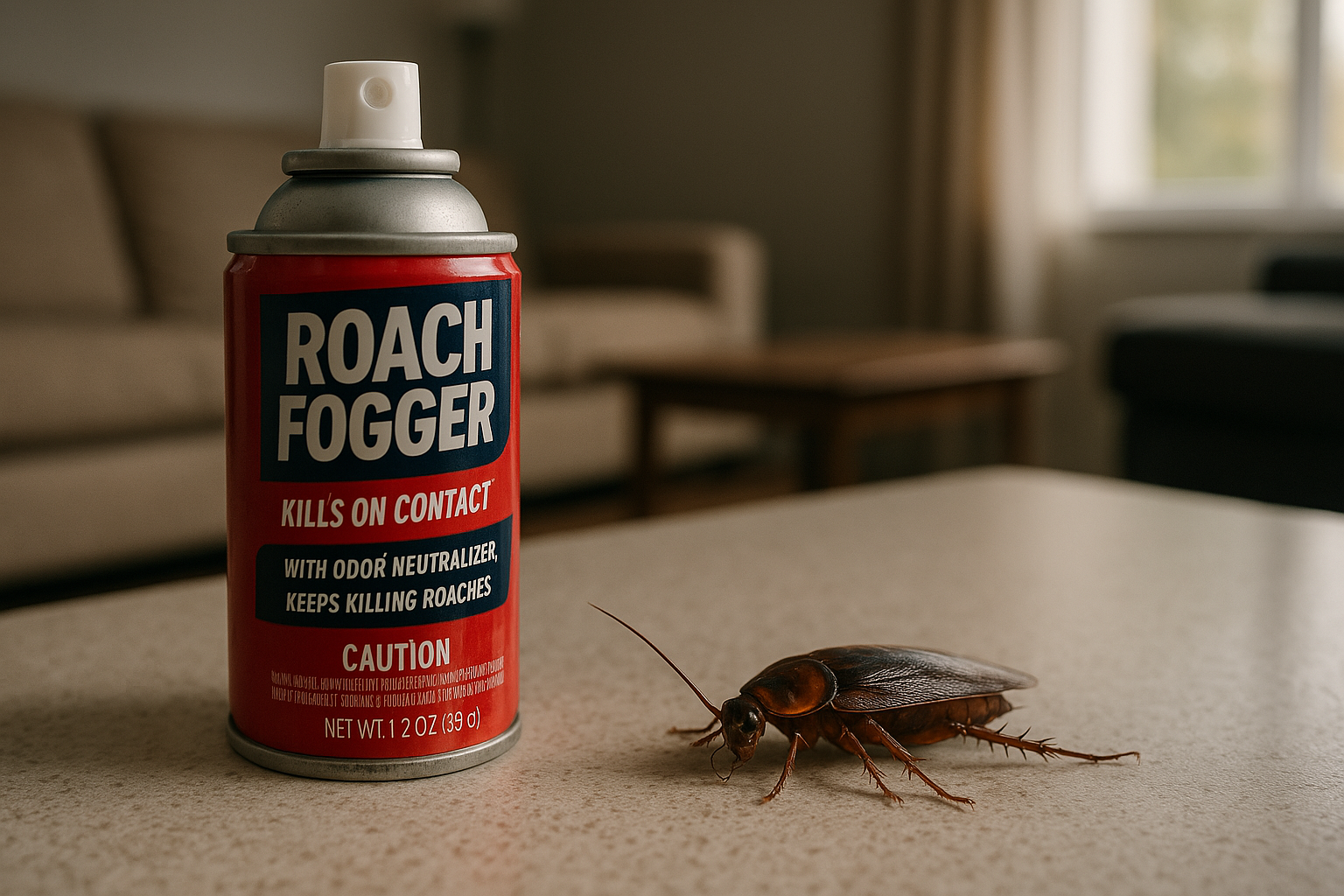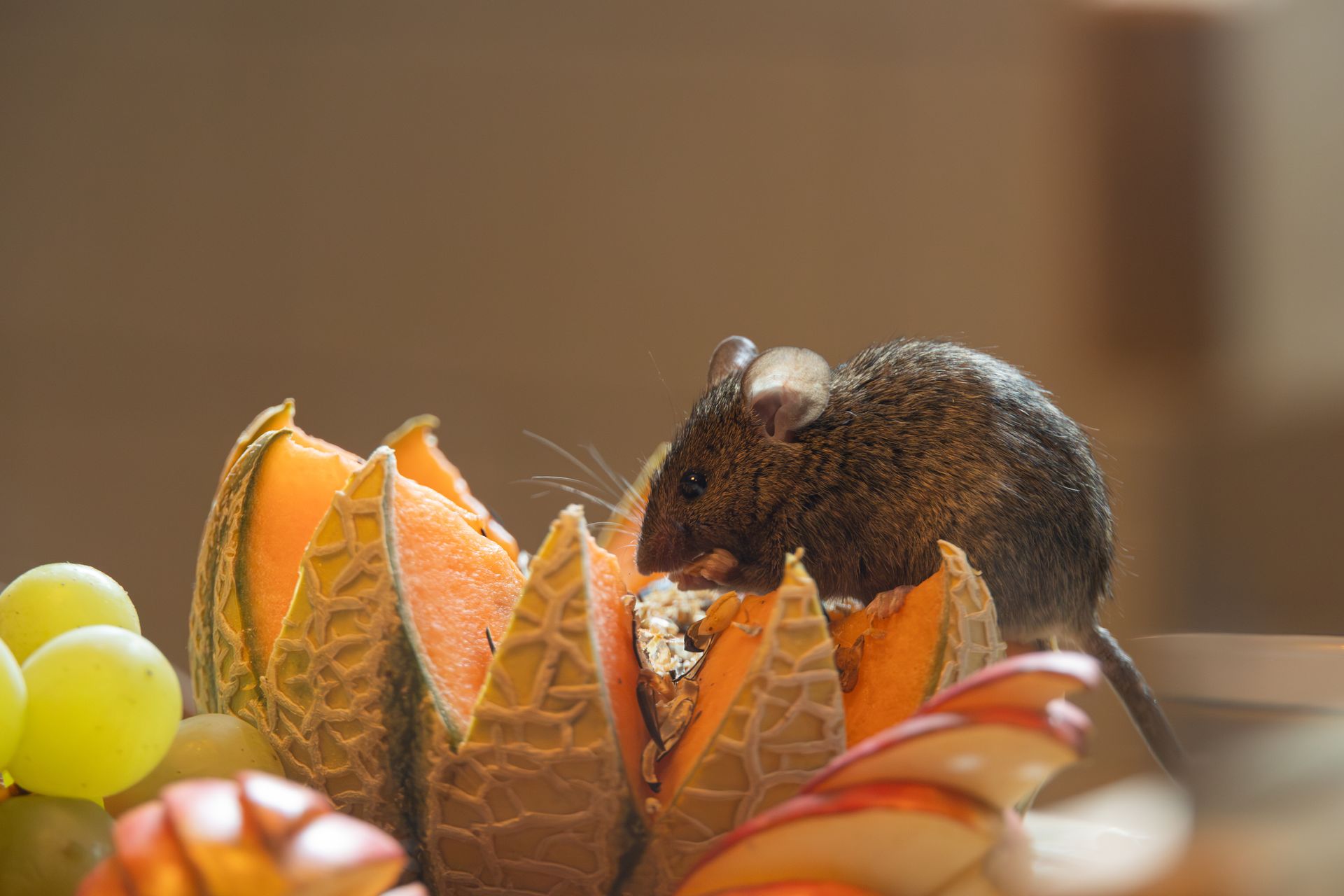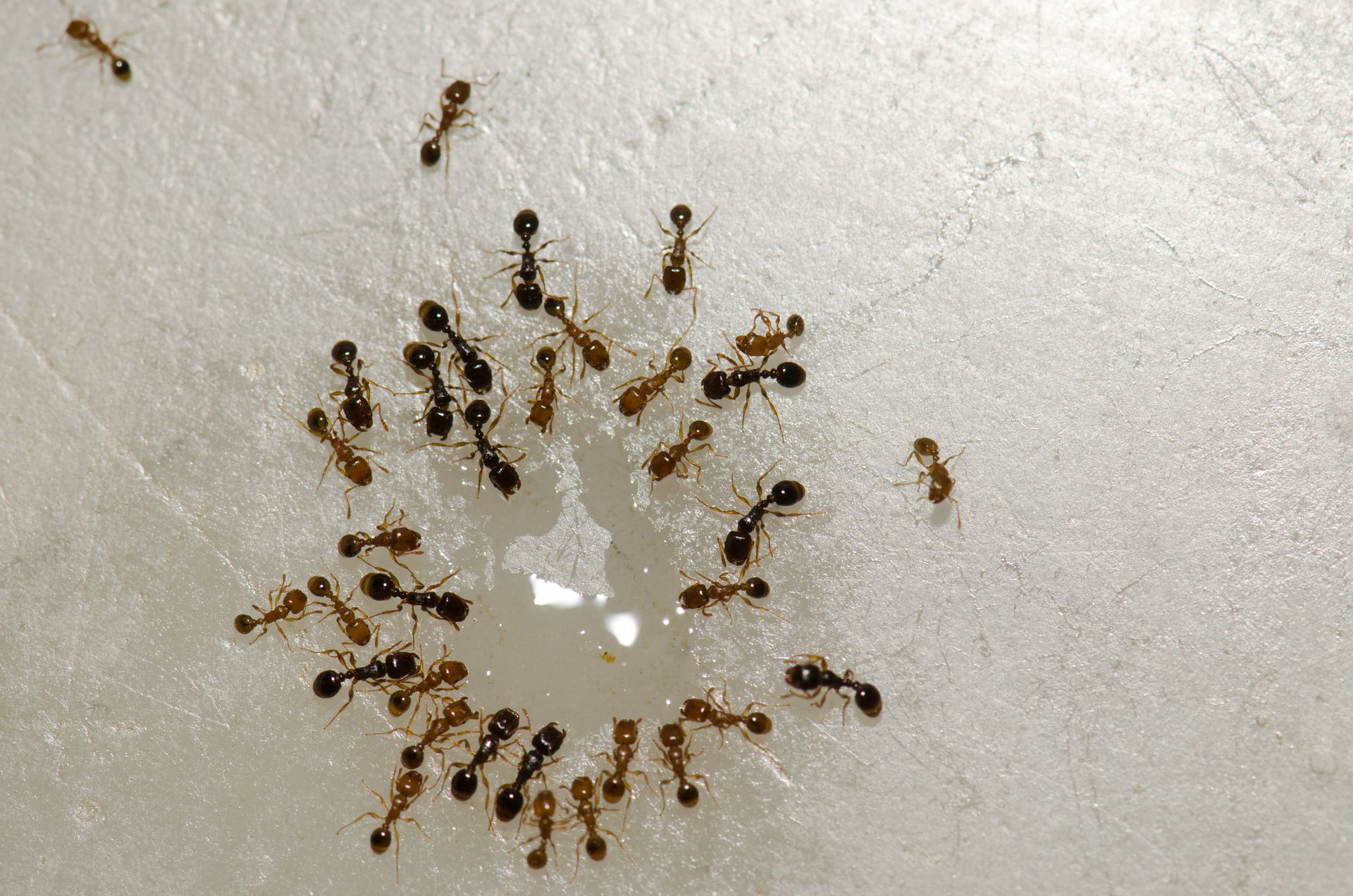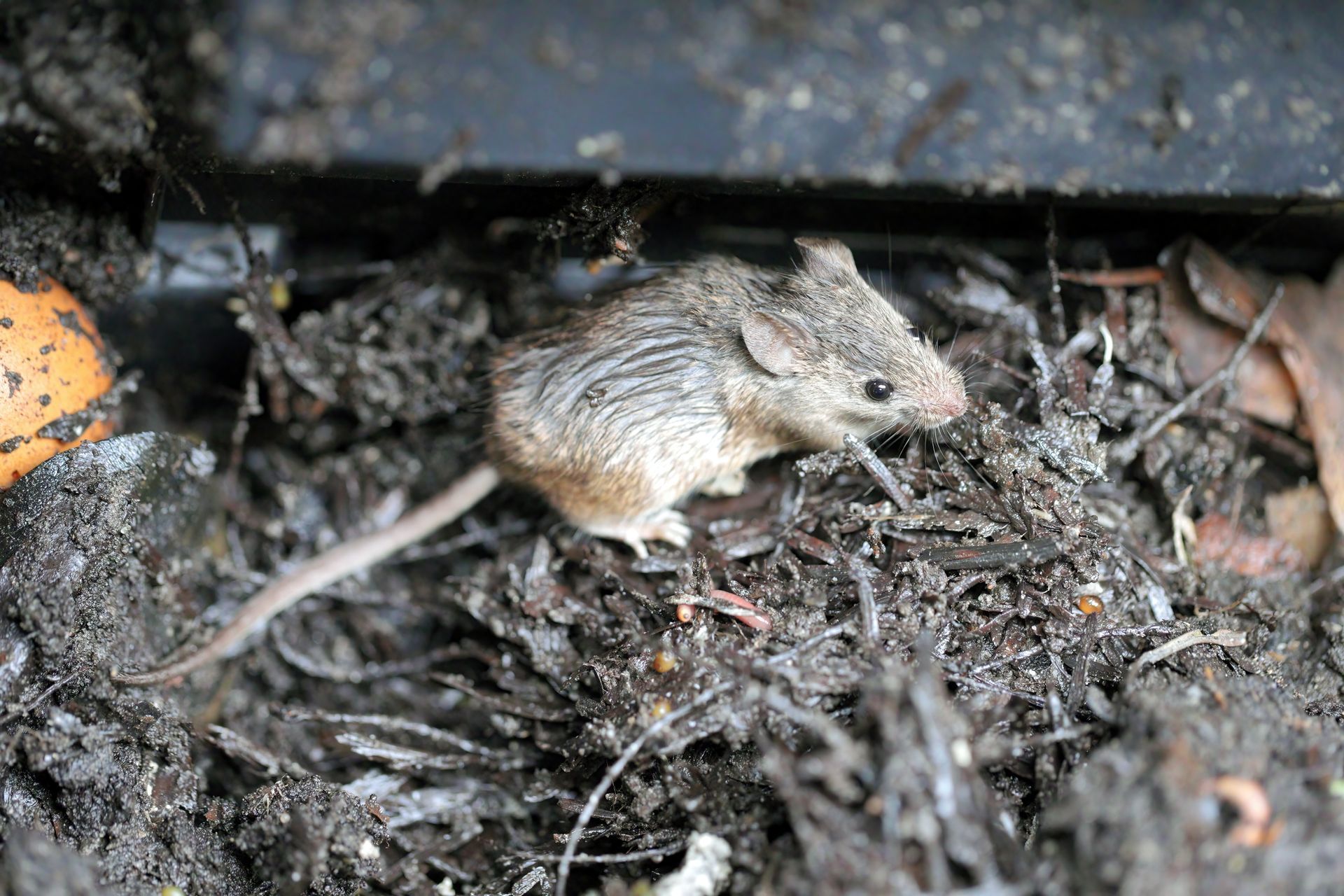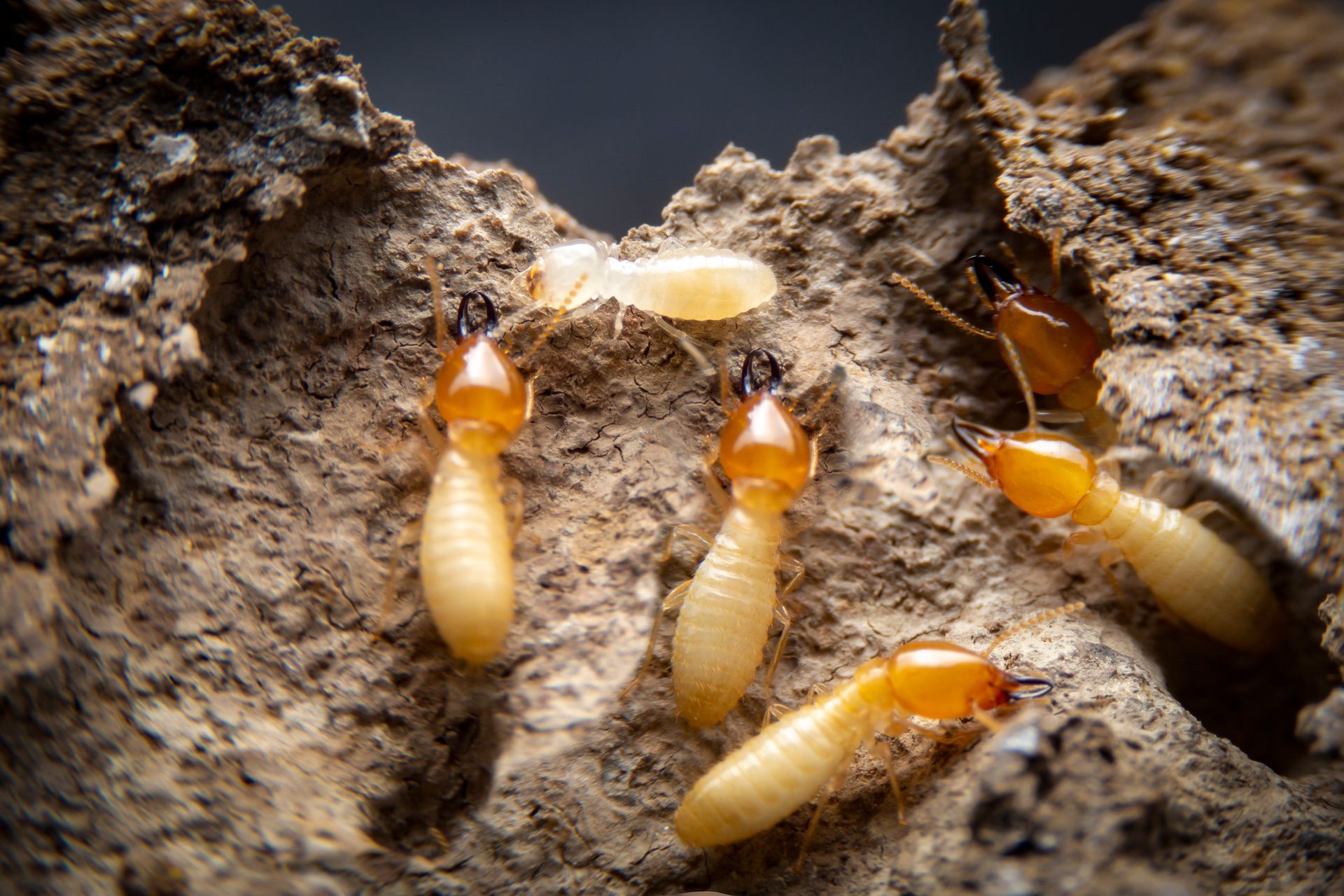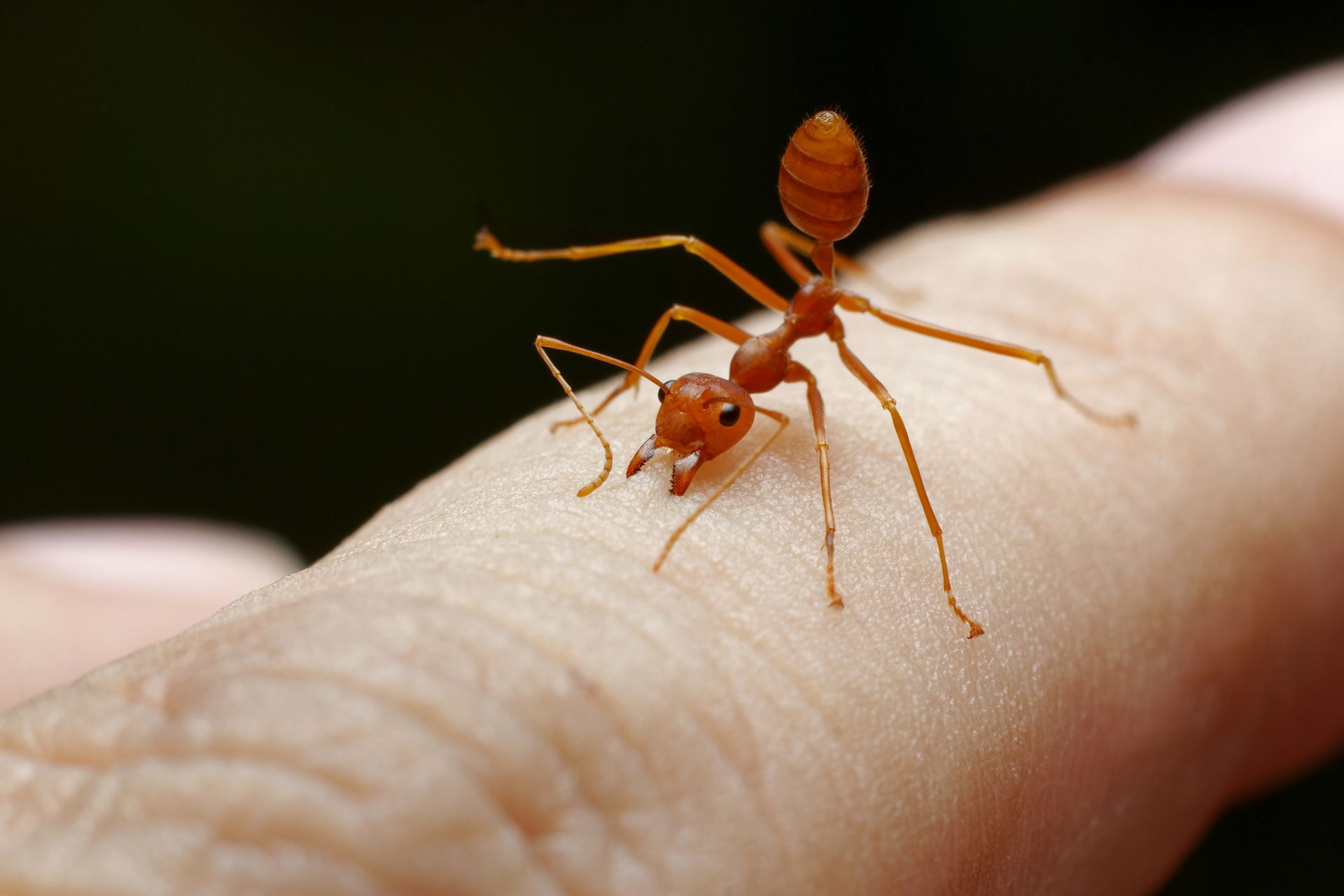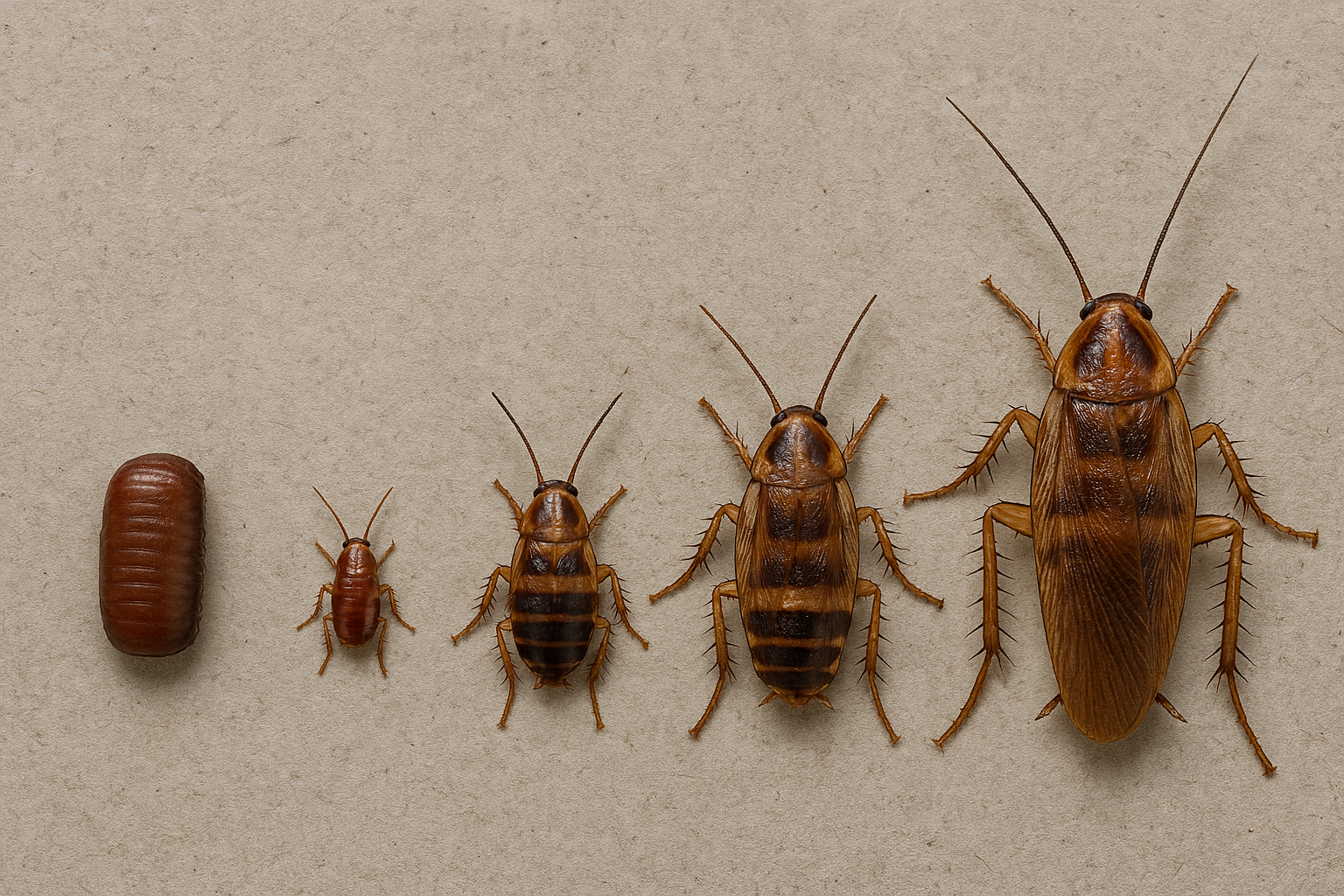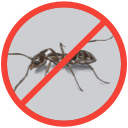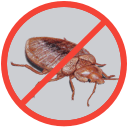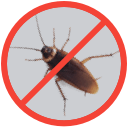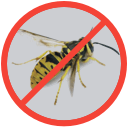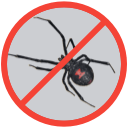Are Mice Nocturnal Animals That Come Out at Night?
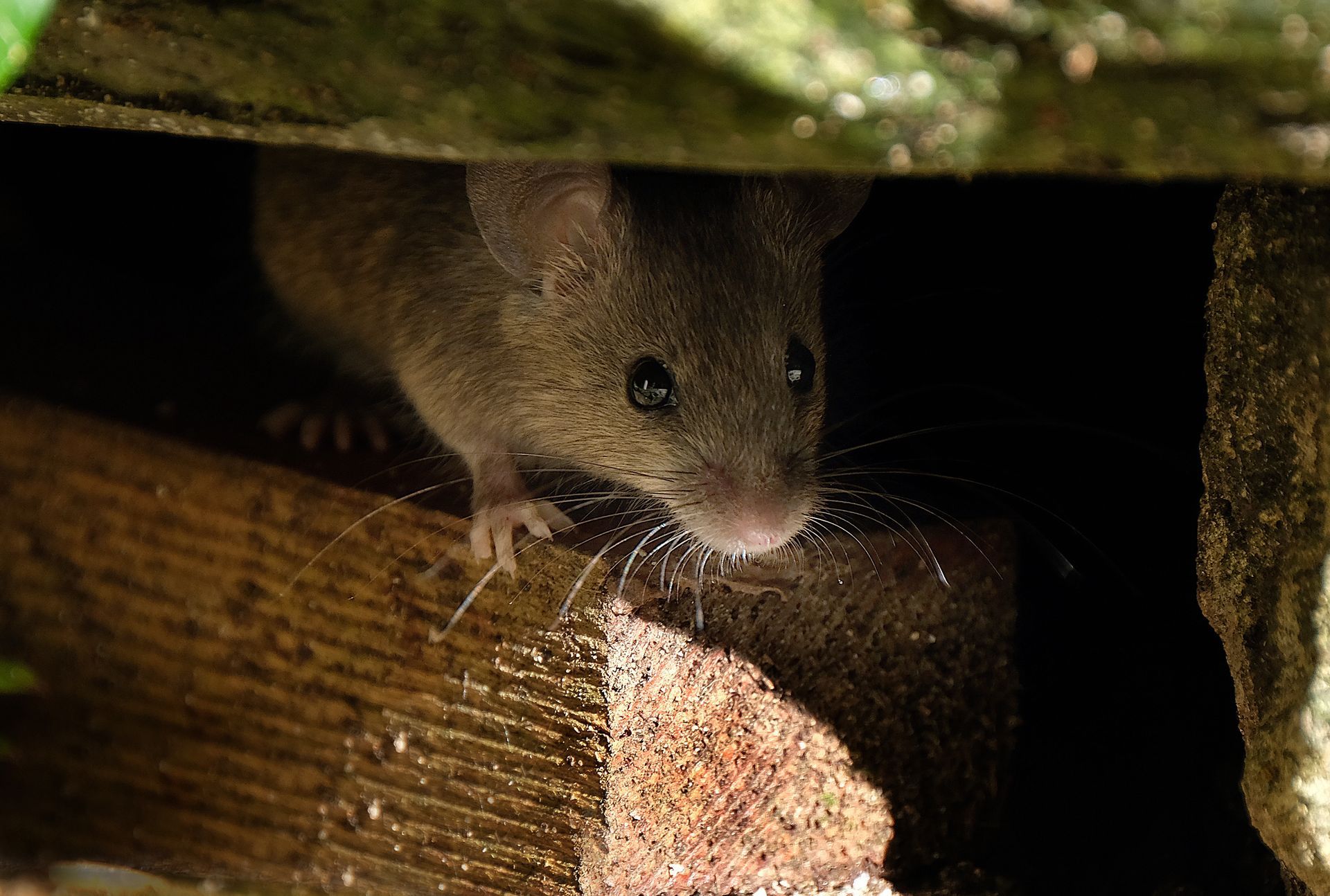
Mice are creatures that learned to stay hidden due to their status in the food chain. Homeowners are far more likely to see signs of mice activity like gnawed food boxes and droppings than the rodents themselves. This is because mice tend to be nocturnal which means that they are most active during the night. This makes it far less likely for homeowners to spot them during the day. However, this doesn’t mean that human and mice interactions are rare. If mice have infested a home, there is a good chance that you might come across a mouse running across your floor before it disappears into a hidden corner or under furniture. This is far more common if a mouse thinks that a home’s inhabitants are sleeping, and it is safe to come out without being seen. Being aware of their habits and tendencies can aid homeowners in effectively addressing a mouse infestation.
Do Mice Only Come Out at Night?
Mice are mostly nocturnal and crepuscular. This means they are active at night with their most active times occurring right around dawn and dusk. Their behavior is mostly influenced by the risks that are found in their environment. Their crepuscular activity is usually when most of their natural predators’ behaviors are transitioning. Daytime predators are getting ready to rest while nighttime predators are becoming more active. The periods of dawn and dusk are when mice are most likely able to roam freely with little threat of predation. While this is considered normal behavior, that doesn’t mean that mice won’t be active during the day. They just tend to avoid daytime activity because this exposes them to predators like birds of prey. However, mice might adjust their activity if they live indoors. For example, mice might be more active during the day if they realize that is when a home’s inhabitants leave for work. A safe place is all a mouse really needs to adjust their behavior if it allows them to search for food and water.
Why Will Mice Be Active During the Day?
While mice are mostly active at night, they might become active during the day. The primary reason is the same reason they are active at night. If they are disturbed by a potential threat like a predator, they will be forced to move. Mice have an excellent sense of hearing that often allows them to hear a predator before the predator notices them. This will force the mice to find a new place to hide until the threat is gone. The other reason mice might be active during the day is hunger. If resources are low and a mouse or its babies need food, they may become active in search of something to eat. This is supported by when there is a large infestation that consumes all available resources and food becomes scarce. During these periods, there may be a lot of daytime mouse activity as multiple mice are scavenging for available resources.
Does Light Affect the Behavior of Mice?
Light influences the daytime behavior of mice. Mice tend to be most active during periods when the sun is rising and setting because this is the period when daytime and nighttime predators visibility is the weakest. This indicates that a mouse’s behavior isn't necessarily impacted directly by light, but more so by how vulnerable they are to predators during periods where they are most visible. The lower levels of light at dawn and dusk give mice a fighting chance at staying hidden, which allows them to seek out food without being spotted by predators.
Do Mice Avoid Light?
Mice are usually more active at night, even in indoor settings. This nocturnal behavior is not a result of a fear of light itself but has more to do with perceived dangers that are associated with light and noise in a household. When the lights are on, it’s usually when there is activity in a home. Due to their small size and their position on the food chain, almost everything mice encounter is capable of being a threat. When mice sense the presence of people that are walking and talking, they stay hidden as they perceive this as the presence of a potential predator. However, times when that activity stops also happens to coincide when the lights are off, so mice feel safe to explore and forage for food. The primary factors that might influence how a mouse behaves include:
- Light levels that expose mice activity
- The presence or absence of perceived threats
- The availability of food
Can Mice See at Night?
Mice have poor eyesight and are color-blind which means that light does little to improve their visibility. Their ability to clearly see objects is limited to short distances. However, even with those limitations, a mouse’s visibility is extremely sensitive to movement. Mice have the remarkable ability to detect movement in low light conditions. They can see something move from up to 45 feet away which is a natural defense mechanism they have evolved to help identify potential threats. This advantage is impacted by bright lights due to mice having strong light sensitivity. In bright lights, a mouse’s ability to detect movement is diminished, which is why they tend to stay in areas that are dimly lit. Areas with low light levels means that mice are more likely to detect the presence of predators which increases their likelihood of survival.
Then How Do Mice Navigate at Night?
Mice, despite their limited vision in the dark, have evolved other ways to navigate their surroundings at night. Mice experience the world around them using whiskers that are connected to extremely sensitive receptors. These receptors help mice feel their way around the world like the white canes that blind people use to help detect changes in their environment. When these whiskers encounter a surface, the receptors create an image for the mouse's brain that identifies any changes in the world around them. This gives mice the ability to “see” their surroundings and avoid obstacles.
Mice also rely heavily on their other senses like smell and hearing. Mice navigate at night using their noses to scavenge for food as well as stay within the safe boundaries of their territory. Their territories rarely exceed 25 feet from their nests and are usually marked with their urine. By marking their territory, mice are able to navigate their environment safely as they are familiar with their surroundings. Mice are incredibly smart and use their sense of smell combined with their whiskers to create maps of their territory that they will use to get around at night. Their sensitive sense of smell will guide them to food sources and alert them to the presence of predators. Mice also use their exceptional hearing to avoid threats like predators and communicate with each other. They can detect sounds and frequencies that humans can’t hear. This combination of touch, smell, and sound helps mice navigate the world around them safely.
When Do Mice Sleep?
Mice typically sleep up to 12 hours during the day and really become active during the hours of sunrise and sunset. This is when both diurnal and nocturnal predators are transitioning between activity and rest. This makes it the perfect time for mice to forage for food with the least risk of being caught and eaten. These hours provide the benefit of low light conditions which help mice stay hidden. Wild mice tend to follow these patterns, but house mice may adjust their behavior to better match the circumstances within their environment. Factors like the presence of pets or the sleep schedules of the inhabitants can cause house mice to shift their activity in a way that ensures their safety.
Where Do Mice Sleep?
Mice will find somewhere safe to maintain a small territory and build a nest in that space. These spaces are usually somewhere undisturbed and close enough to a regular source of food. Inside these spaces, mice will collect nesting materials to build a home for their offspring. Mice will use materials like stuffing from pillows, blankets, and stuffed animals, as well as paper, insulation, linens, and cardboard. Anywhere mice can find these materials is a potential nesting site. They prefer cluttered areas because they are rarely disturbed and provide ample nest-building material. Areas like closets, attics, and basements are usually filled with cardboard boxes that contain stored blankets, clothing, and linens which all make attractive nesting sites for mice to breed in. Other attractive sites include inside wall voids, crawl spaces, and under cabinetry.
Do Mice Sleep Alone?
Mice are social creatures that typically sleep together with their young. They will continue to do so until the young are old enough to survive on their own and create their own nests. Mice breed rapidly which means that a minor mouse problem can escalate into a full-blown infestation if not addressed immediately. If one mouse is seen out in the open, it is usually a sign that there are others that are remaining out of sight in the shadows of hidden areas around a home. The rate at which mice breed makes it likely that there are babies close by which will develop into adults quickly.
Signs of Mice Activity to Watch For
Detecting mice activity in your home is critical to ensure that a small mouse problem doesn’t develop into a full infestation. While mice are good at staying hidden, there are several signs to look for:
- Mouse Droppings: One of the most prominent signs of mice activity is their droppings. Mice will poop several times a day as they move about their territories. Over time, this will build up which will help identify where there are mice inside of a home. Mice poop is typically around a quarter inch long and dark and moist when fresh. Older mouse poop will dry out over time and turn grey.
- Noises: Mice are mostly active at night which is when they are most likely to be heard scratching and squeaking inside of walls.
- Odor and Urine: Like their waste, mice will urinate frequently inside of their territories to mark the areas they consider home. This will lead to a noticeable ammonia-like smell in infested areas.
- Gnaw Marks: Mice will gnaw on various materials to gather nesting material or in search of food.
- Smudges: Mice are habitual creatures that stay within their territories. Due to their poor vision, they use the same pathways to get around which creates smudges along these paths over time.
If you observe any of these signs, it's time to schedule a rodent inspection to determine the severity of your mice problem.
How to Get Rid of Mice
Getting rid of mice requires preventive and active measures:
- Addressing potential entry points: Given a mouse’s ability to squeeze through tiny spaces, it's important to inspect your home for cracks in the foundation, gaps near baseboards, or under doors. Sealing these entry points can deter mice from gaining access.
- Store food items securely: Transfer items like rice or pasta from their original packaging to glass or hard plastic containers that are resistant to mice.
- Mouse traps: Place the mouse traps in areas of frequent mouse activity and ensure you choose a bait that will be effective. There are several trap varieties, from traditional snap traps to more humane alternatives.
If these measures prove insufficient, seeking professional pest control assistance is recommended to ensure a comprehensive solution.
Contact EcoGuard Pest Management if You Are Dealing with a Mice Problem
If you have noticed signs of mouse activity or are dealing with an infestation, it is time to reach out to EcoGuard Pest Management. Our team of mice control experts is equipped with the knowledge and tools to address your concerns quickly and effectively. Remember, a proactive approach is always best when it comes to mice because giving them enough time to breed will exacerbate any existing mouse problem. Let EcoGuard Pest Management be your trusted partner in ensuring a safe, mouse-free environment for you and your loved ones. Contact us today!


